
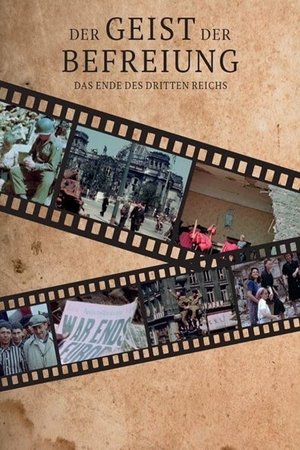
Der Geist der Befreiung – Das Ende des Dritten Reichs(2017)
Experience the fall of the Third Reich like never before, the last year of the war and the liberation of Europe from Nazi rule. Documented up close by the most courageous cameramen of their time and uniquely edited. The most authentic documentary about the fall of Hitler's Germany, over ninety minutes of brilliant HD color footage with impressive original commentary from the time.
Movie: Der Geist der Befreiung – Das Ende des Dritten Reichs

Der Geist der Befreiung – Das Ende des Dritten Reichs
HomePage
Overview
Experience the fall of the Third Reich like never before, the last year of the war and the liberation of Europe from Nazi rule. Documented up close by the most courageous cameramen of their time and uniquely edited. The most authentic documentary about the fall of Hitler's Germany, over ninety minutes of brilliant HD color footage with impressive original commentary from the time.
Release Date
2017-05-08
Average
0
Rating:
0.0 startsTagline
Genres
Languages:
EnglishDeutschKeywords
Similar Movies
 8.0
8.0Love Parade: When Love Learned to Dance(de)
At the end of the Cold War, something new arised that should influence an entire generation and express their attitude to life. It started with an idea in the underground subculture of Berlin shortly before the fall of the Wall. With the motto "Peace, Joy, Pancakes", Club DJ Dr. Motte and companions launched the first Love Parade. A procession registered as political demonstration with only 150 colorfully dressed people dancing to house and techno. What started out small developed over the years into the largest party on the planet with visitors from all over the world. In 1999, 1.5 million people took part. With the help of interviews with important organizers and contemporary witnesses, the documentary reflects the history of the Love Parade, but also illuminates the dark side of how commerce and money business increasingly destroyed the real spirit, long before the emigration to other cities and the Love Parade disaster of Duisburg in 2010, which caused an era to end in deep grief.
 0.0
0.0The Re-Up(en)
A backstage and on-stage look at Nicki Minaj's career during the Pink Friday Tour, festivals, and more.
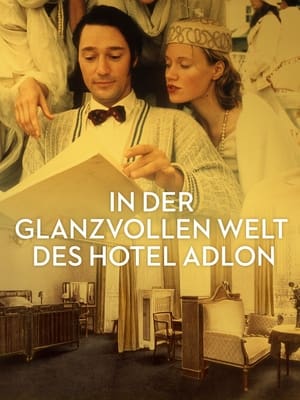 0.0
0.0In der glanzvollen Welt des Hotel Adlon(de)
The documentary tells the story of the Berlin luxury hotel, which was built by the director's great-grandfather and fell victim to a fire shortly after the end of the Second World War.
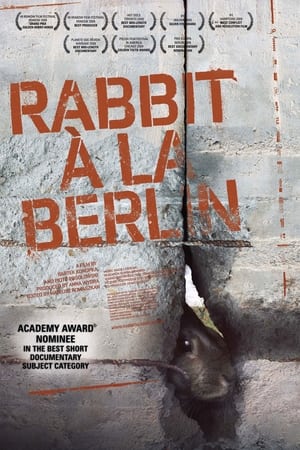 6.4
6.4Rabbit à la Berlin(pl)
The untold story about wild rabbits which lived between the Berlin Walls. For 28 years Death Zone was their safest home. Full of grass, no predators, guards protecting them from human disturbance. They were closed but happy. When their population grew up to thousands, guards started to remove them. But rabbits survived and stayed there. Unfortunately one day the wall fell down. Rabbits had to abandon comfortable system. They moved to West Berlin and have been living there in a few colonies since then. They are still learning how to live in the free world, same as we - the citizens of Eastern Europe.
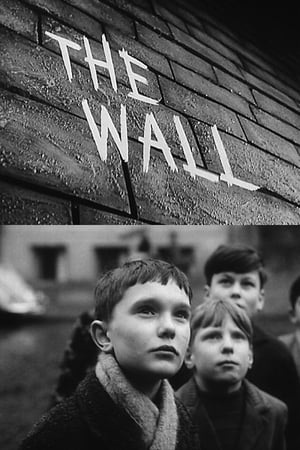 7.0
7.0The Wall(en)
Like the best USIA films, The Wall distills political events into an emotionally clear and compelling ideological "story". In 1962 Walter de Hoog gathered footage from U.S. and German newsreel sources and crafted this taut short film about the first year of the Berlin Wall. Straightforward, keenly balanced narration portrays Berliners as "accepting the wall but never resigned to it". The extraordinary footage of the first escapes was propaganda enough-- His challenge was to make the politics human.
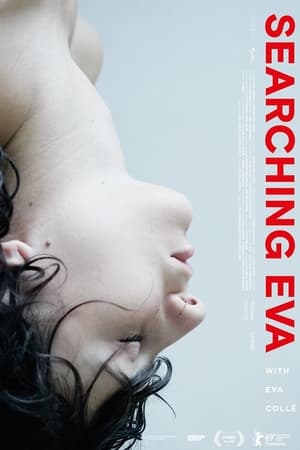 5.7
5.7Searching Eva(de)
This is the tale of a young woman, growing up in the age of the internet and turning the search for oneself into a public spectacle, allowing kids from all over the world to live their life through hers. Through her fragmented personalities you see the emergence of a new generation, in which the concept of a fixed identity has grown old.
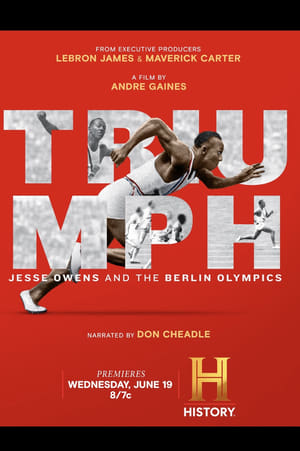 8.0
8.0Triumph: Jesse Owens and the Berlin Olympics(en)
Follows the 1936 Berlin Olympics when Black athlete Jesse Owens won 4 golds against the backdrop of Hitler's racist Nazi regime in Germany.
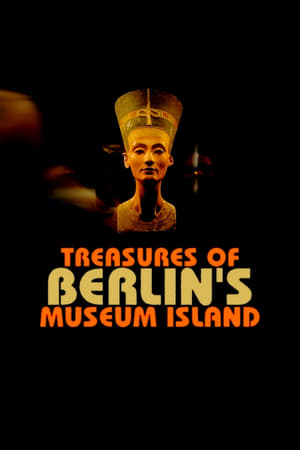 0.0
0.0Berlin's Treasure Trove(de)
Berlin’s Museum Island, the cultural center of the German capital on the Spree river, houses a large number of art pieces from all over the globe, from the Stone Age to the present day. A walk through their great institutions to marvel at their masterpieces.
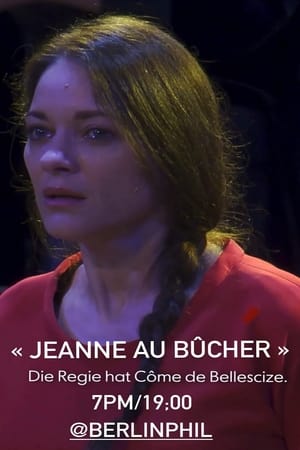 0.0
0.0Honegger’s “Jeanne d’Arc au bûcher” with Alan Gilbert and Marion Cotillard(fr)
On June 8, 2024, Oscar-winning French actress Marion Cotillard joined the Berlin Philharmonic Orchestra for a performance of Arthur Honegger’s oratorio Jeanne d'Arc au Bûcher (Joan of Arc at the Stake), conducted by Alan Gilbert, performed at the Berliner Philharmonie in Berlin, Germany and broadcast live on Digital Concert Hall, the online concert hall of the Berliner Philharmonie. In the oratorio, Joan of Arc looks back on her life, her visions, and her successes during a show trial in which she is sentenced to be burned at the stake.
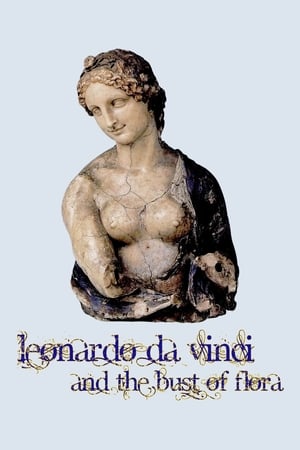 7.2
7.2Leonardo da Vinci and the Bust of Flora(de)
Acquired in July 1909 by art collector Wilhelm von Bode (1845-1929), director general of the Prussian Art Collections and founding director of the Kaiser-Friedrich-Museum, now the Bode-Museum, the Bust of Flora, Roman goddess of flowers, has been the subject of controversy for more than a century.
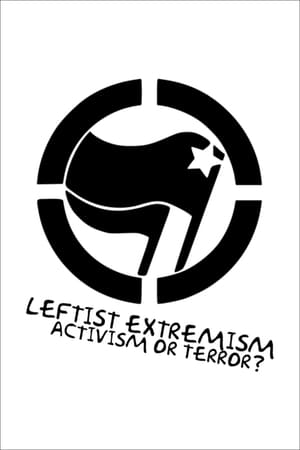 4.0
4.0Leftist Extremism: Activism or Terror?(de)
Leftist extremist groups operating in Europe have chosen violence as a political tactic: they attack the right-wing parties offices, attack the police, provoke riots in demonstrations. Although leftist violence is increasing, it receives almost no public attention. An investigation into the alleged good violence exercised in the name of a supposedly just cause.
 0.0
0.0Les Champions d'Hitler(fr)
In the three years leading up to the Olympics, the Nazi regime saw sport as an invaluable mobilisation and propaganda tool to motivate the `master race'. Whether sympathisers or followers, German athletes went along with it; however, a number of them came to regret their decisions.
 0.0
0.0Peter Eisenman: Building Germany's Holocaust Memorial(en)
This documentary explores the creation of the Holocaust Memorial in Berlin as designed by architect Peter Eisenman. Reaction of the German public to the completed memorial is also shown.
 10.0
10.0Trip to Asia: The Quest for Harmony(de)
Journey with the musicians of the Berlin Philharmonic and their conductor Sir Simon Rattle on a breakneck concert tour of six metropolises across Asia: Beijing, Seoul, Shanghai, Hong Kong, Taipei and Tokyo. Their artistic triumph onstage belies a dynamic and dramatic life backstage. The orchestra is a closed society that observes its own laws and traditions, and in the words of one of its musicians is, “an island, a democratic microcosm – almost without precedent in the music world - whose social structure and cohesion is not only founded on a common love for music but also informed by competition, compulsion and the pressure to perform to a high pitch of excellence... .” Never before has the Berlin Philharmonic allowed such intimate and exclusive access into its private world.
 0.0
0.0The Unpredictable Factor(de)
In today's climate debate, there is only one factor that cannot be calculated in climate models - humans. How can we nevertheless understand our role in the climate system and manage the crisis? Climate change is a complex global problem. Increasingly extreme weather events, rising sea levels, and more difficult living conditions - including for us humans - are already the order of the day. Global society has never faced such a complex challenge. For young people in particular, the frightening climate scenarios will be a reality in the future. For the global south, it is already today. To overcome this crisis, different perspectives are needed. "THE UNPREDICTABLE FACTOR" goes back to the origins of the German environmental movement, accompanies today's activists in the Rhineland in their fight against the coal industry and gives a voice to scientists from climate research, ethnology and psychology.
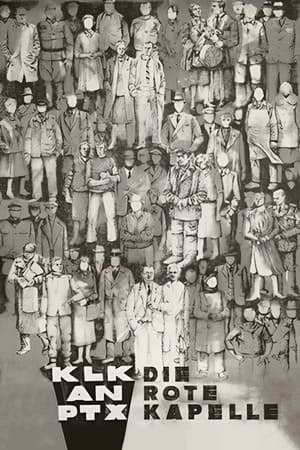 9.5
9.5KLK Calling PTZ – The Red Orchestra(de)
East German film about the history of Red Orchestra, a real life German pro-Soviet spy ring created after the rise of Hitler that turned into a resistance movement led by a leftist Nazi officer, Harro Schulze-Boysen, and Arvid Harnack.
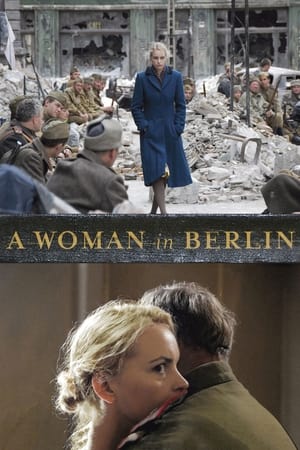 6.6
6.6A Woman in Berlin(de)
A woman tries to survive the invasion of Berlin by the Soviet troops during the last days of World War II.
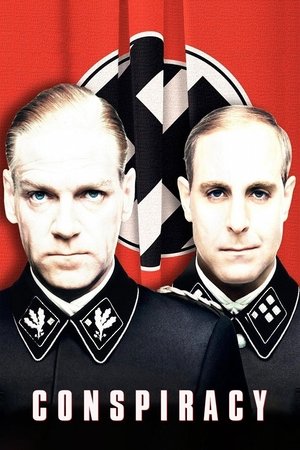 7.3
7.3Conspiracy(en)
At the Wannsee Conference on January 20, 1942, senior Nazi officials meet to determine the manner in which the so-called "Final Solution to the Jewish Question" can be best implemented.
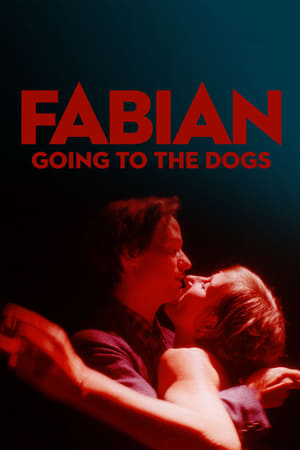 6.5
6.5Fabian: Going to the Dogs(de)
In 1930s Berlin, Dr. Jakob Fabian, who works by day in advertising for a cigarette company and by night wanders the streets of the city, falls in love with an actress. As her career begins to blossom, prospects for his future begin to wane.
